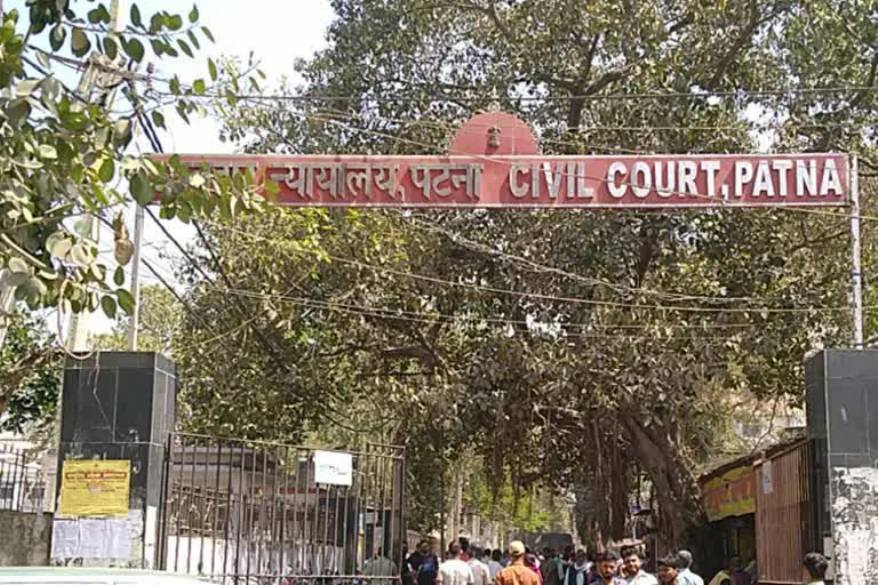NIA Files Supplementary Charge Sheet in PFI-Related Anti-National Case in Bihar

Patna/New Delhi: The National Investigation Agency (NIA) has submitted a supplementary charge sheet against a significant suspect involved in a case related to illegal and anti-national activities attributed to the outlawed Popular Front of India (PFI) in Bihar, as disclosed by an official on Saturday.
The spokesperson of the federal agency stated that the updated charge sheet was filed against Anwar Rashid in a special NIA court in Patna on Friday, incorporating various sections of the Indian Penal Code and the Unlawful Activities (Prevention) Act.
According to the official, Rashid, hailing from Sant Ravidas Nagar in Uttar Pradesh, was among the 17 individuals apprehended in the case initially registered at Phulwarisharif Police Station against 26 accused on July 12 last year. Following the NIA’s takeover of the case ten days later, charge sheets were filed against 13 suspects on January 7, August 3, and September 1.
The spokesperson highlighted that investigations had confirmed Rashid’s prior affiliation with the banned terrorist organization, the Student Islamic Movement of India (SIMI). Subsequent to the prohibition of SIMI, he associated himself with the group ‘Wahdat-e-Islami, Hind’, persistently advocating for SIMI’s extremist and unlawful ideology.
The official underscored Rashid’s instrumental role in forming a clandestine group comprising former SIMI members, operating under the guise of the PFI. The suspect actively facilitated the transfer of funds to terrorist accused individuals, aimed at providing ideological and logistical support to outlawed groups. Additionally, he was identified as a central hub for receiving and disseminating information from senior SIMI leaders and other accused parties in various terrorism cases.
The agency emphasized Rashid’s close involvement with Guidance Publications, through which he regularly circulated radical literature to impressionable youths, promoting extremist beliefs. Moreover, his dissemination of calendars produced by Wahdat-e-Islami centered around the concept of establishing an Islamic Caliphate in India.





